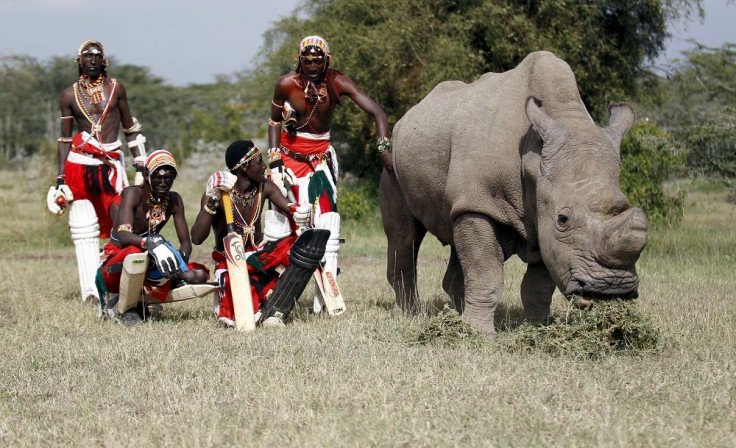UNICEF estimates number of females from 30 nations who underwent genital mutilation hit 200 million
Men now taking lead in fight against FGM

Despite international efforts to battle the mutilation of females across nations, the number has gone up. Given the trends, there is a chance more girls and women would be subjected to female genital mutilation (FGM) in the coming years, warns a new UNICEF report.
Like us on Facebook
But for UN Secretary-General Ban Ki-Moon, the rising chorus of young voices who demand a stop to the practice offers hope that FGM could be ended within a generation. To push for a halt to the practice, the UNICEF observed on Saturday the UN International Day of Zero Tolerance for Female Genital Mutilation.
While 200 million had undergone female circumcision come from 30 countries, the bulk are from Indonesia, Ethiopia and Egypt. About 44 million of them underwent the procedure when they were aged 14 or younger, but the majority experienced it when they were between 15 and 49.
The campaign traditionally used to be led by women. However, it is changing now as the Masaai cricket players have pitched in as well as the British daily The Guardian. The UNICEF report notes that it is men now who are more against FGM now.
One such organization is the “MenSpeakOut,” which includes Alpha-Ibrahim Diallo, a Guinean who now lives in Belgium. Ban challenged other males to join the global fight against FGM.
Because of these efforts, there had been reports of decline of in FMG prevalence in some countries for women aged 15 to 19 such as in Liberia where it went down by 41 percent, Burkina Faso 31 percent, Kenya 30 percent and Egypt 27 percent in the past three decades.






